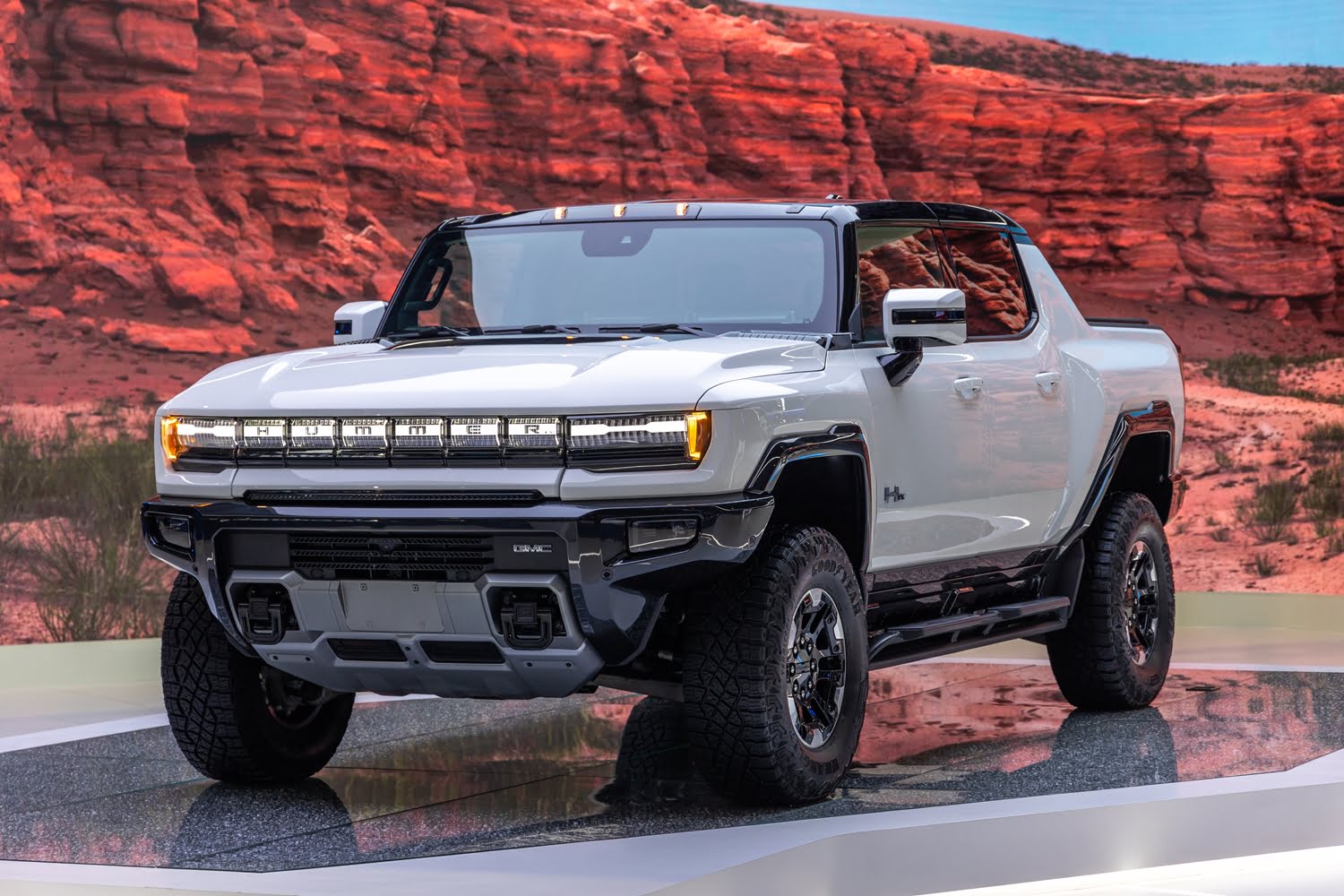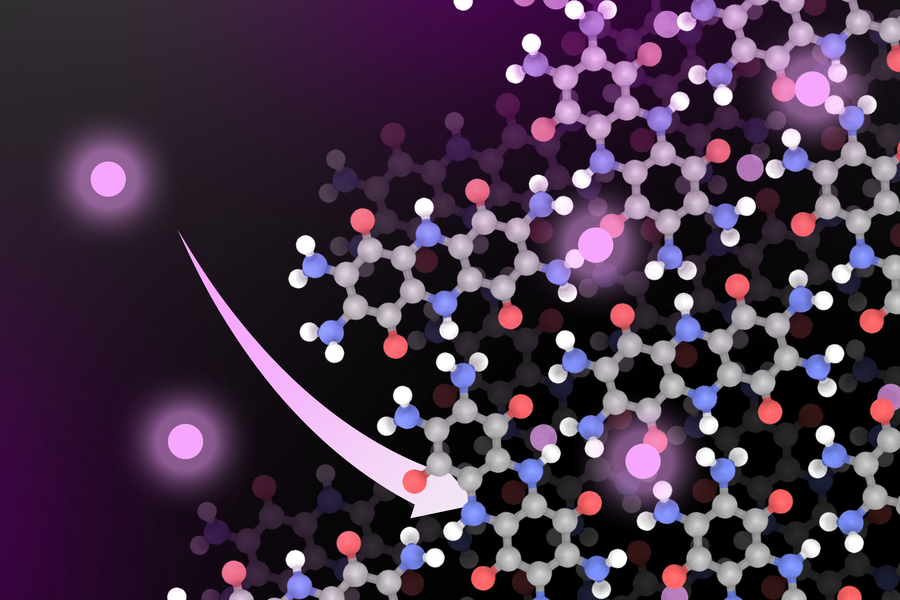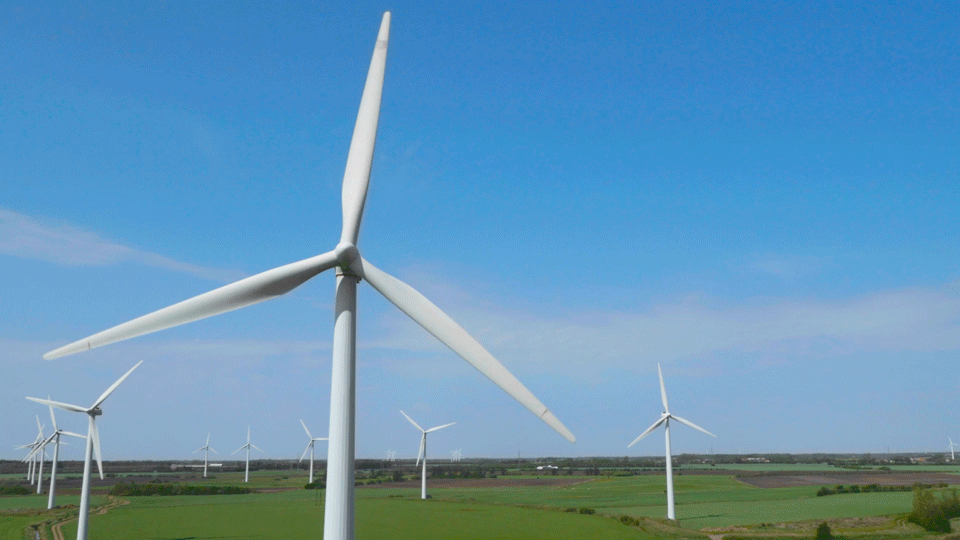General Motors and Samsung SDI will build an EV battery cell plant in St. Joseph County, Indiana, the state’s governor announced . General Motors Co. (NYSE: GM) and Samsung SDI plan to invest more than $3 billion to build a new battery cell manufacturing plant in the Indiana, United States that is targeted to begin operations in 2026.
“GM’s supply chain strategy for EVs is focused on scalability, resiliency, sustainability and cost-competitiveness. Our new relationship with Samsung SDI will help us achieve all these objectives,” said GM Chair and CEO Mary Barra. “The cells we will build together will help us scale our EV capacity in North America well beyond 1 million units annually.”
Eric Holcomb, Indiana Gov. said: “GM has long been one of America’s most iconic brands and deeply rooted in Indiana”.
“For decades, Hoosier communities like Marion, Bedford and Fort Wayne have been part of the production of countless firsts for family vehicles,” he added. “I couldn’t be more excited to again see GM alongside one of Indiana’s newest world-class companies, Samsung SDI, take this giant leap and make this $3 billion commitment that will transform the auto industry aided by our proud Hoosier workforce.”
Both GM and Samsung said they will operate the facility together to build nickel-rich prismatic and cylindrical cells.
Yoon-ho Choi, Samsung SDI President and CEO said: “We will do our best to provide the products featuring the highest levels of safety and quality produced with our unrivaled technologies to help GM strengthen its leadership in the EV market”.
“It is a great pleasure to take the very first step to create a long-term industry-leading partnership with GM in the U.S. EV market.”
The Construction is planned to begin within the next year and support more than 1,000 jobs during the build.
The world’s population is growing faster than at any time in history, and mineral consumption is growing faster than population as more consumers enter the market for minerals and as the global standard of living increases.
As the world transitions towards net zero emissions, the rapid scale-up of clean energy technologies is expected to boost demand for many minerals and metals, including lithium, nickel, cobalt, graphite, copper, aluminium and rare earth elements.
For many years China has lead the world in investment’s and now near 80 per cent of the entire supply chain for electric vehicles and lithium-ion batteries, and therefore energy storage, is on their hands.
“I would like once again to urge entrepreneurs to enter the lithium-refining business,” Tesla Chief Executive Elon Musk told analysts in July. “There’s lithium pretty much everywhere, but you have to refine the lithium into battery-grade lithium carbonate and lithium hydroxide, which has extremely high purity. So it is basically like minting money right now.” Elon Musk said.
Green Energy Storage May be one of the most important Technology in the World .
Nickel is the gold of the future. Tesla has signed contracts worth around US$5 billion to buy nickel for its batteries from nickel-processing companies in Indonesia.
Tesla has been working on a high nickel cathode battery that has zero cobalt content. By using nickel Tesla can get a 15 per cent reduction in the cost of its battery cathodes on a US dollar per kilowatt hour basis.
Tesla CEO Elon Musk says, “Tesla doesn’t have enough cells to put new products like Semi truck into production. Tesla battery needs 50kg of nickel, to power 2 billion cars with new batteries 100 million tons of nickel is needed”.
Musk said that “Tesla will reach production of 20 million vehicles per year before 2030”.
The global electric automobile market share is increasing and is forecast to continue to grow rapidly in the coming years. Some predictions suggest they will make up more than 90% of vehicles by 2050, most of which will be powered by nickel-containing Li-ion batteries and magnesium batteries.
Using nickel in car batteries offers greater energy density and storage at lower cost, delivering a longer range for vehicles, currently one of the restraints to EV uptake.
Batteries for storage:
Sahit Muja said ; “Albanian Minerals has forges new strategy to secure EV supply chain minerals. Albanian Minerals has been positioning itself to become key suppliers of green magnesium, and it’s now turning its focus and investment’s to battery ingredient minerals including nickel, cobalt, lithium and graphite.
The global conversion to EV, renewable green energy are central to the world’s clean energy future. The demand for essential minerals are changing as a new range of commodities are sought. Miners need to plan strategically for the new green future”.
Mr: Muja said that; “The new green transition presents a significant opportunity for Albanian Minerals as we have significant reserves of essential minerals including cobalt and nickel in are portfolio”.
New nickel-containing battery technology is also playing a role in energy storage systems linked to renewable energy sources. Wind turbines or solar panels generate electricity when the wind or sun is available; modern battery technology allows this energy to be stored for use as and when required.
There are about 3,000 nickel-containing alloys in everyday use, including 300,000 products for consumer, industrial, military, transport, aerospace, marine and architectural applications.
The nickel metal is tough, corrosion resistant, hygienic and 100% recyclable. It is essential to building and infrastructure, chemical production, communications, energy supply, environmental protection and food preparation.
Nickel is combined with other metals to produce alloys with a combination of properties that provide both ductility and strength at high temperatures.
President Biden’s Investing in America Agenda is Unleashing a Manufacturing and Clean Energy Boom and Accelerating the Production of Affordable Electric Vehicles.
As part of President Biden’s goal of having 50 percent of all new vehicle sales be electric by 2030, the White House is announcing public and private commitments to support America’s historic transition to electric vehicles (EV) under the EV Acceleration Challenge. These commitments are part of President Biden’s Investing in America agenda to spur domestic manufacturing, strengthen supply chains, boost U.S. competitiveness and create good-paying jobs. Because of President Biden’s leadership and historic investments, electric vehicle sales have tripled and the number of publicly available charging ports has grown by over 40 percent since he took office. There are now more than three million EVs on the road and over 135,000 public EV chargers across the country.
President Biden’s Inflation Reduction Act adds and expands tax credits for purchases of new and used EVs—helping bring the benefits of clean energy to communities across the nation. The law also provides incentives to electrify heavy-duty vehicles like school buses, and includes support for the installation of residential, commercial, and municipal EV charging infrastructure. These incentives complement investments from the Bipartisan Infrastructure Law and other federal initiatives that are spurring the domestic manufacturing of EVs and batteries and the development of a national EV charging network that provides access to low income and disadvantaged communities.
These incentives will lower the cost of EVs and EV charging infrastructure; increase consumer demand and competition; promote equity and inclusion; and accelerate the growth of the EV market. They are creating good-paying manufacturing jobs in America building EVs, bringing supply chains home, and unleashing unprecedented private sector investments—with more than $100 billion already announced for battery manufacturing alone. The White House announced the EV Acceleration Challenge to bring a clean, safe, affordable, and reliable transportation future to Americans even faster.
Related
Discover more from Green Innovation News
Subscribe to get the latest posts sent to your email.




